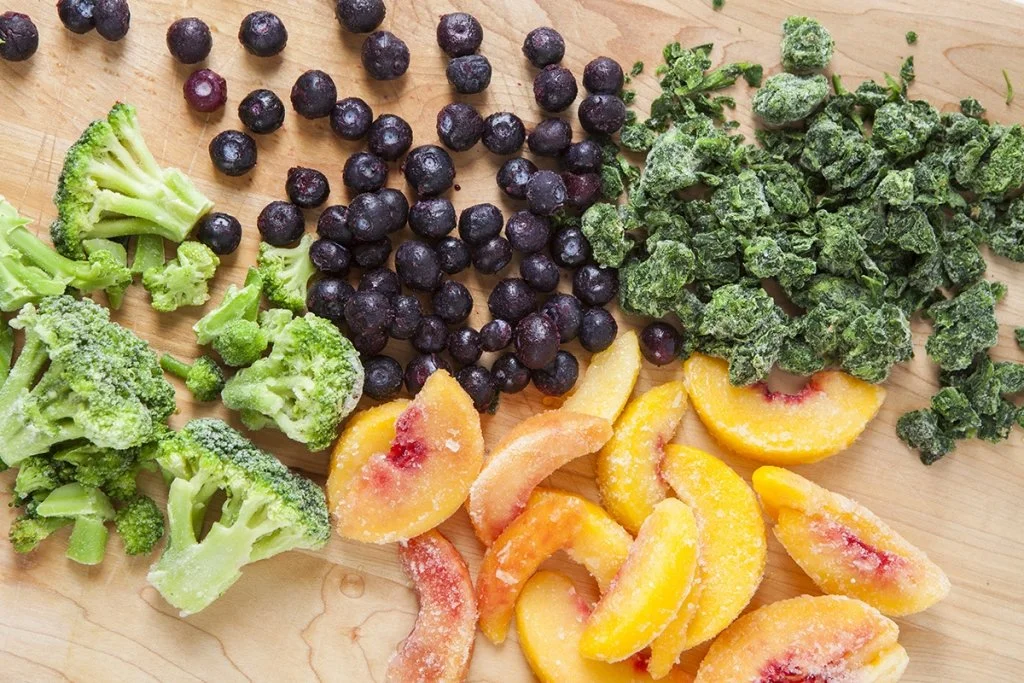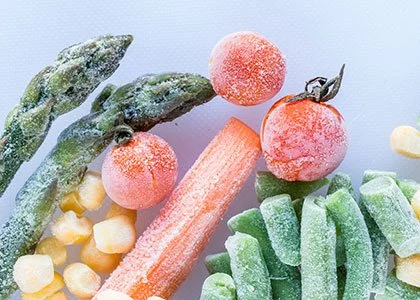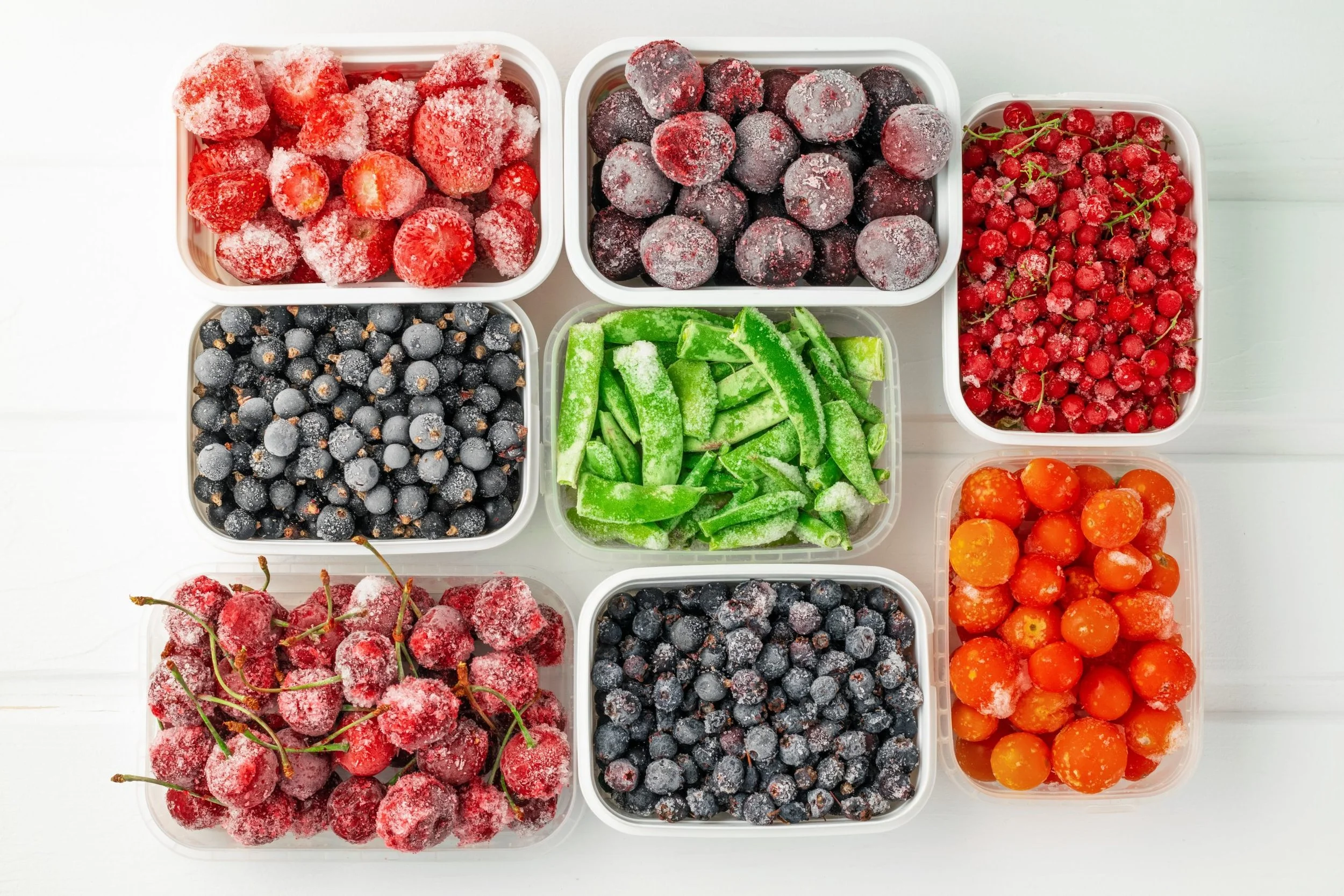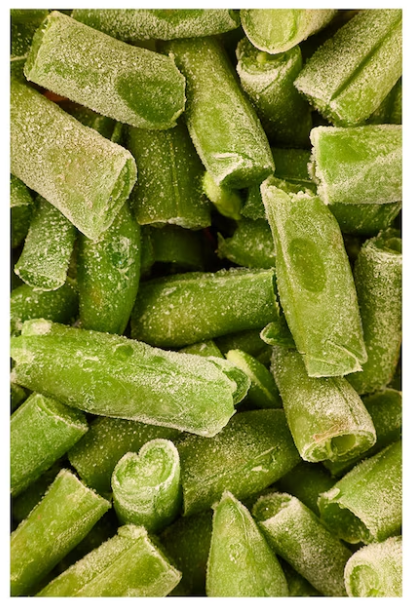What's Healthier: Fresh or Frozen Produce?
Despite its reputation for being unhealthy, studies show frozen produce is better than we think.
🧊Surprisingly, frozen produce may be just as healthy—if not healthier—than fresh.
In fact, frozen fruits and vegetables are often picked at their nutritional peak and flash-frozen to lock in those nutrients. A study comparing the vitamin content of common produce—like carrots, corn, spinach, and berries—found frozen varieties are “comparable to and occasionally higher” in nutrients than fresh.
🚜 Why It’s True
Fresh produce from grocery stores is picked before it’s ripe, giving it time to travel. It can spend up to two weeks from harvest to shelf. During that time, nutrient levels can decline. In contrast, frozen produce is harvested at peak ripeness, blanched, and frozen within hours. This rapid preservation process helps maintain vitamin and antioxidant content for longer periods.
🗣️ Freezing locks in nutrients. You’re preserving quality from the moment it’s picked.
🍓 But Don’t Count Out Fresh—Especially Local
Fresh isn’t bad—it’s still packed with nutrients. And locally grown produce from farmers markets can offer even more. Why?
It’s harvested at or near peak ripeness.
Travel time is short—often under 50 miles.
Farms tend to use healthier soil practices.
🗣️ It’s been a day or two since harvest—it’s very fresh.
Also, many markets accept SNAP benefits, making local produce more accessible than you might think.
❄️ IS FROZEN PRODUCE “PROCESSED”?
Technically yes—but not in a bad way.
According to the USDA, even washing or chopping a vegetable counts as processing. But don’t worry: frozen fruits and veggies are considered minimally processed under the NOVA classification. They're far from the ultra-processed foods (like sodas, candy, and chips) that raise health concerns.
🗣️ Fresh isn’t always best. There’s a lot of fear around processing that just isn’t necessary.
🥗 FINAL TIPS
So, should you eat more frozen produce? It’s less about picking sides and more about diversifying your plate.
Frozen = budget-friendly, long-lasting, great for off-season eating.
Fresh = tastier, better texture, ideal when in-season or local.
If you have fresh produce that you may not eat in before it spoils, freeze it yourself! Kale, spinach, avocados, bananas, berries - all of these can be frozen yourself and used in smoothies! Zucchini, broccoli, carrots, squash - all of these can be frozen yourself and roasted in the oven for amazing flavors and texture!
🗣️ I use all three: frozen, grocery store fresh, and farmers market! They all have a place.
✅ BOTTOM LINE:
Whether it’s fresh or frozen, eating more produce is what counts —just eat more plants. Celebrate your produce, however you get it! 🥑
💕Want more tips, recipes, and seasonal guides?
I love sharing amazing recipes that are easy and delicious with frozen and fresh fruits and veggies. Give me a call or email any time! Lauren@ConfluenceCoach.com or https://www.confluencecoach.com/





